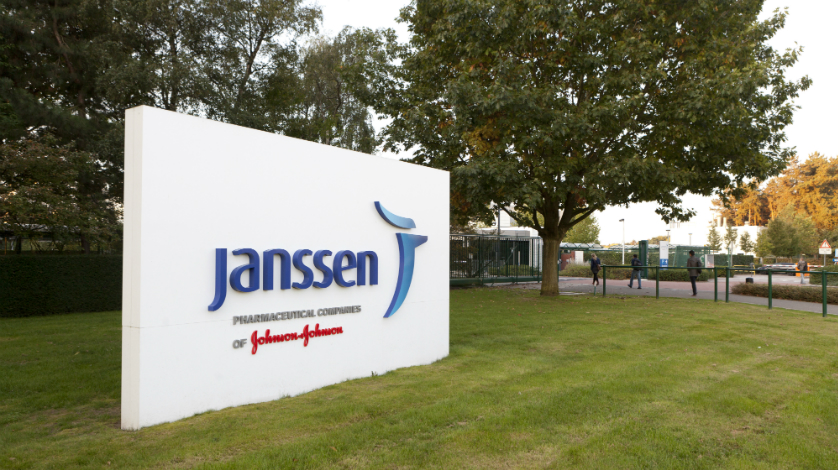Janssen announces first data centres for haematology network

Janssen has announced the first two data centres to join its HONEUR (Haematology Outcomes Network in Europe) collaborative network.
HONEUR is a Janssen-led initiative that aims to create better outcomes for patients by harnessing real world data and the insights it can provide.
Through a secure, collaborative platform, HONEUR enables participants across Europe to accelerate research and improve conclusions by analysing treatment data from as many sources as possible. The ultimate goal is that patients with blood cancer would receive the best possible treatment due to health data research being widely shared and smartly managed.
The first site to join the HONEUR network is the UK’s Leicester Royal Infirmary.
“My colleagues and I at the Leicester Royal Infirmary are passionate about the development and use of database records in haematological disorders, as they provide a source of invaluable information for benchmarking, education and research purposes,” said Dr Mamta Garg, Consultant Haematologist, MD, FRCP, FRCPath (Haematology). “Joining HONEUR brings us a big step closer to generating real world evidence that ultimately has a meaningful impact on patients.”
Also joining the HONEUR initiative is The Registry of Monoclonal Gammopathies (RMG) in the Czech Republic. Established in 2007, the RMG is funded by the Czech Myeloma Group (CMG) and has become one of their flagship projects.
“We are delighted to be one of the first sites to become an HONEUR member,” said Professor Roman Hájek. “Our registry currently includes four haematological malignancies (multiple myeloma; monoclonal gammopathies of undetermined significance; AL amyloidosis; and Waldeströms macroglobulinemia) and we are very much looking forward to collaborating with Janssen and other HONEUR members, so that we can make significant inroads in treating patients with these rare blood diseases.”
Martin Price, VP, health economics, market access & reimbursement at Janssen, said: “There’s a critical need to increase the impact of real world data, so we can advance our understanding of long term outcomes and develop better treatment options for blood cancer patients. These first two signings mark an important milestone in establishing a large-scale, federated network of data centres to help realise this aspiration. It’s great to have Leicester Royal Infirmary and RMG on board.”
In structuring the collaborative HONEUR network, the top priorities were making sure that participating sites maintain local governance at all times and allowing all participants to initiate their own research questions.
One of the keys to tapping into the potential of real world data is ensuring the clinical and biological vocabulary, as well as the structure of the data, are as homogeneous as possible. This requires a common data model, because the data sets found across Europe are diverse. The model chosen for HONEUR is OMOP (Observational Medical Outcomes Partnership), developed by the OHDSI collaboration.












